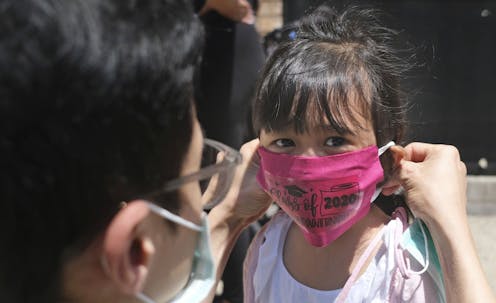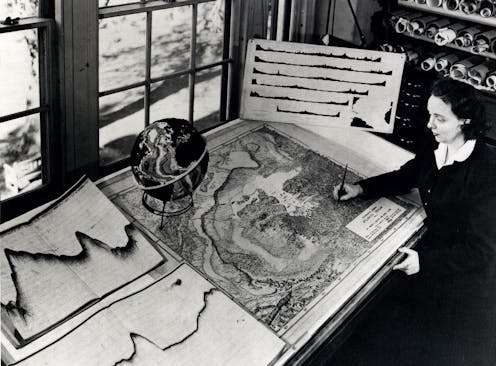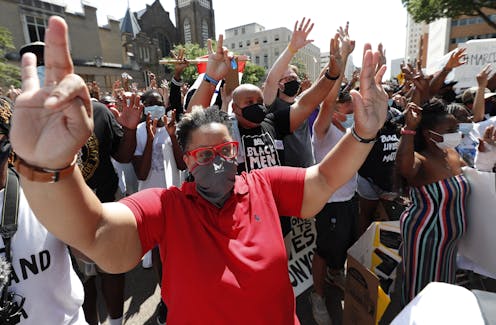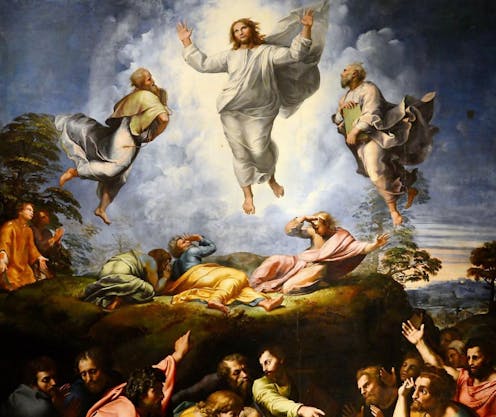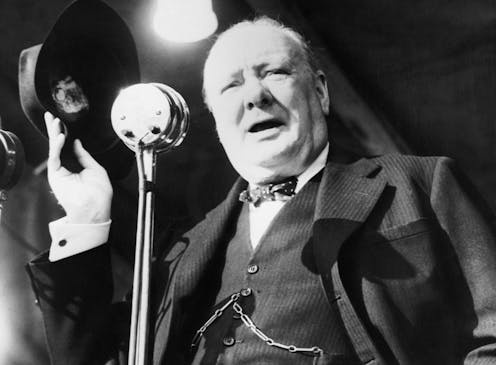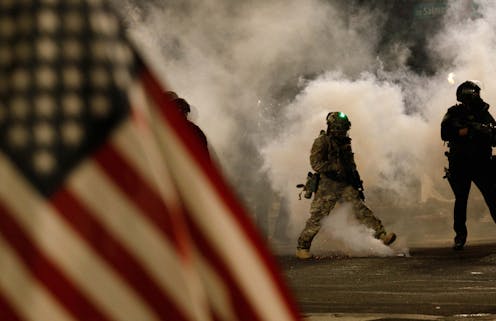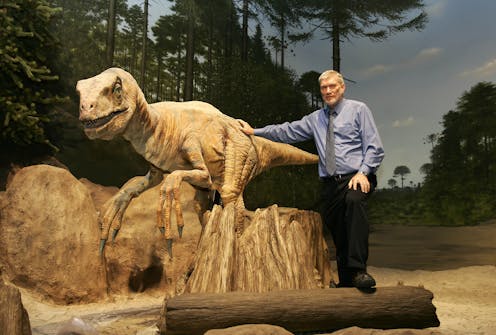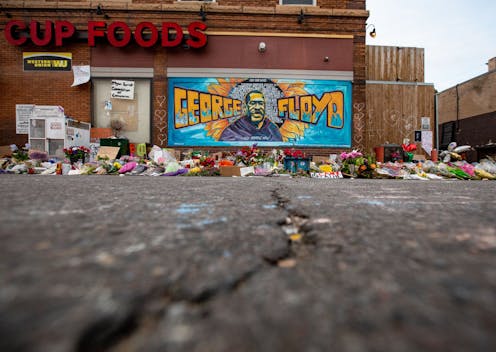How to hide from a drone – the subtle art of 'ghosting' in the age of surveillance
- Written by Austin Choi-Fitzpatrick, Associate Professor of Political Sociology, University of San Diego
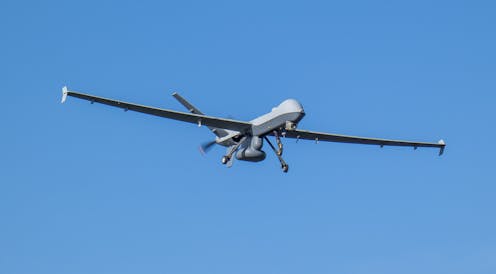 The federal government has used military-grade border patrol drones like this one to monitor protests in US cities._ Jonathan Cutrer/Flickr, CC BY-SA
The federal government has used military-grade border patrol drones like this one to monitor protests in US cities._ Jonathan Cutrer/Flickr, CC BY-SADrones of all sizes are being used by environmental advocates to monitor deforestation, by conservationists to track poachers, and by journalists and activists to document large protests. As a politica...
Read more: How to hide from a drone – the subtle art of 'ghosting' in the age of surveillance


